Keywords: Training
There are more than 200 results, only the first 200 are displayed here.
-
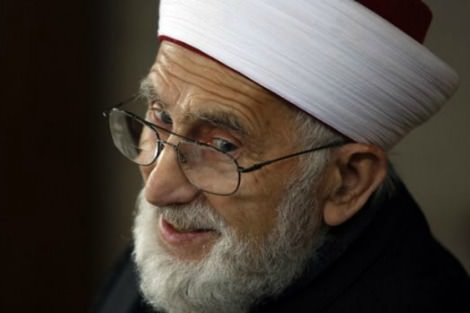
RELIGION
- Irfan Yusuf
- 04 October 2016
11 Comments
Fehmi Naji El-Imam, the former Grand Mufti of Australia who died last month, taught us at a time when we had no internet and books on Islam were limited. Politicised religion was all the craze. In Afghanistan, a coalition of local militias and foreign fighters, the Mujahideen, were receiving support from Western leaders. Conservative politicians praised them for taking on those nasty Soviet Communists. It was easy to be carried away, to have one's faith shaped by overseas events. I almost did.
READ MORE 
-

ARTS AND CULTURE
- Tim Kroenert
- 28 September 2016
1 Comment
Snowden's disclosures regarding the data-mining activities of the US government sparked a worldwide debate about security versus privacy that rages to this day. If his status as either a villain or a hero - a traitor, or the ultimate patriot - remains a matter of debate in some circles, you won't die wondering in which camp Oliver Stone sits. In Snowden the famously didactic filmmaker posits an utterly sympathetic portrait within the structure of a lithe and gripping political thriller.
READ MORE 
-

RELIGION
- Ann Deslandes
- 02 September 2016
19 Comments
Many Brazilians remember the 'Red Bishop' as much more than a defender of human rights. For these people, Helder Camara is included reverently in the litany of rogues who drew the ire of church and state authorities by demanding both do a better job of embodying a message of social justice. It was a powerful idea to grow up with: that this imposing and defining institution I had been born and baptised into contained a rebellious truth that often demanded we go against the institution's own grain.
READ MORE 
-
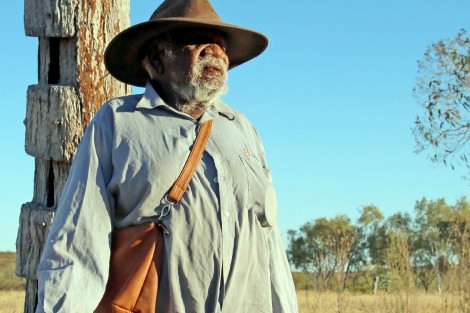
AUSTRALIA
- Moira Rayner
- 23 August 2016
9 Comments
I had been in WA for exactly a year when the local newspaper reported that a white guy had led about 200 people off Wave Rock station. Coming out of the comfortable myth that my home country of New Zealand was not racist, I was amazed to learn that Australia's Indigenous people were obliged to work without industrial protections. In 1966 it was the British Vesteys Group that had been exploiting Aboriginal people: today it is the State in the guise of 'community development', aka work for the dole.
READ MORE 
-
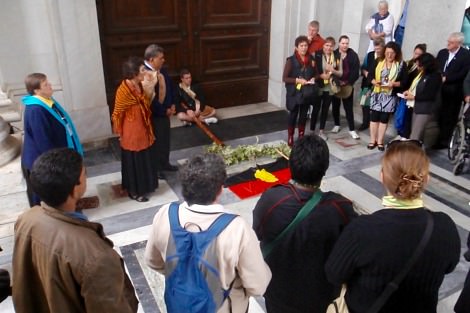
INTERNATIONAL
- Frank Brennan
- 27 July 2016
2 Comments
The violence at the pastoral frontier of the British colonies here in Australia was all pervasive. 228 years after it commenced, we are still experiencing the after-effects. When I started advocating Aboriginal rights here in Australia almost 40 years ago, the prevailing wisdom was that the missions and missionaries were all bad news. It will come as no surprise that I have always doubted that Aborigines were well rid of religion and the missionaries in all circumstances.
READ MORE
-

ARTS AND CULTURE
With the same sense that meets the keys I stroke her arm. This tactility makes the tangible seem eternal, as if the want to write were training me to count on time. My mortality is misdirected thus by a capacity to touch. And when I put my arm around her shoulders, I feel beneath the skin the sharpness of the bone.
READ MORE 
-
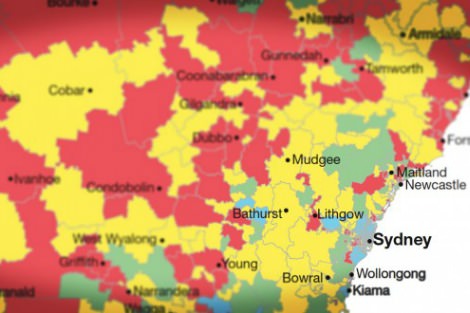
AUSTRALIA
- Julie Edwards
- 27 June 2016
9 Comments
Both major parties offer 'one size fits all' approaches to youth unemployment. This ignores the huge difference in experiences - and employability - between different categories of young person. Not all have completed high school and live at home in a supportive environment. For young people at risk of homelessness, those experiencing mental illness or substance abuse problems, or those who have had contact with the criminal justice system, the initiatives of both parties simply won't be effective.
READ MORE 
-
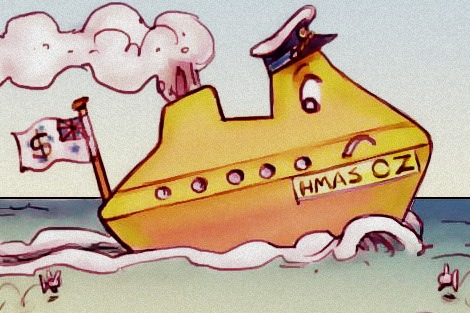
AUSTRALIA
If Australia knows who its enemies are, presumably these putative enemies have a fairly good idea who they are as well. How are they likely to respond to a purchase of submarines? By initiating military countermeasures? By exacting trade sanctions? By diplomatic reprisals? These questions are vital, not just for military planners but also for anyone who is likely to be affected by Australian foreign policy as well as those who want to know more generally how their tax dollars are to be spent.
READ MORE 
-
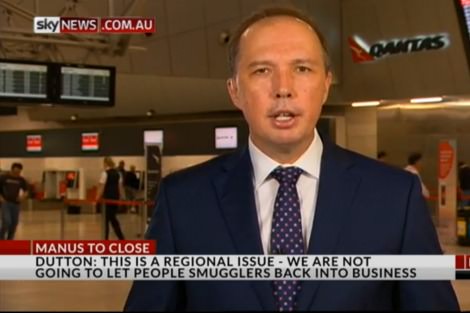
AUSTRALIA
- Kate Galloway
- 02 May 2016
23 Comments
I have often wondered at the likely success of entreaties to compassion for asylum seekers. This is not because I do not personally feel compassion for these people. And it is not because I do not believe that it is morally correct to show compassion, including through government policy. Rather my response is partly a factor of my training as a lawyer. Through my legal eyes, I can see little hope for appeals to politicians to show compassion. My conditioned response instead is to appeal to law.
READ MORE 
-

INTERNATIONAL
- Gillian Bouras
- 19 April 2016
10 Comments
Pope Francis recently visited the island of Lesbos, another scene of immigrants' dire suffering, and surprised the world by taking 12 refugees back to Rome with him. Bernie Sanders asserted that the Pope, in his gesture of hope, is surely the greatest demonstration against a surrender to despair. I am still partly persuaded by Graham Greene's view of despair as being the unforgivable sin, but I'm also giving some thought to the distressing matter of indifference.
READ MORE 
-

AUSTRALIA
- Fatima Measham
- 01 April 2016
For victims and survivors, the royal commission report into family violence comes as catharsis. For activists and advocates, it is vindication. Perpetrators thrive on impunity. Impunity is built on uncertainty of punishment, cultures of silence, victim-blaming and perceived collusion with figures of authority. Dismantling this is central to violence prevention and ensuring the safety of women and children in the home. The royal commission addresses this goal across 227 recommendations.
READ MORE 
-
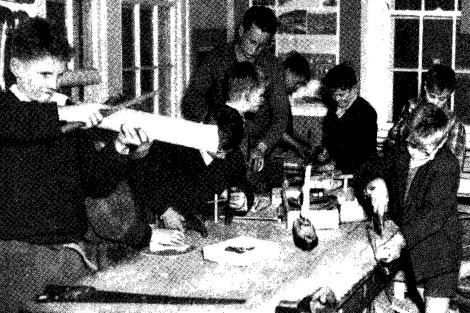
AUSTRALIA
- Tom Keating
- 17 November 2015
2 Comments
The case studies given during the Royal Commission's dealings with Victoria's state run institutions were heartrending for anyone like myself who worked within that system in the 1960s and '70s. It must have been harder still for those who were trying desperately to reform the system at that time. By the mid-'80s Victoria came to have the most progressive and effective juvenile justice system in the country and was a leader internationally. Much has been lost in the intervening years.
READ MORE 